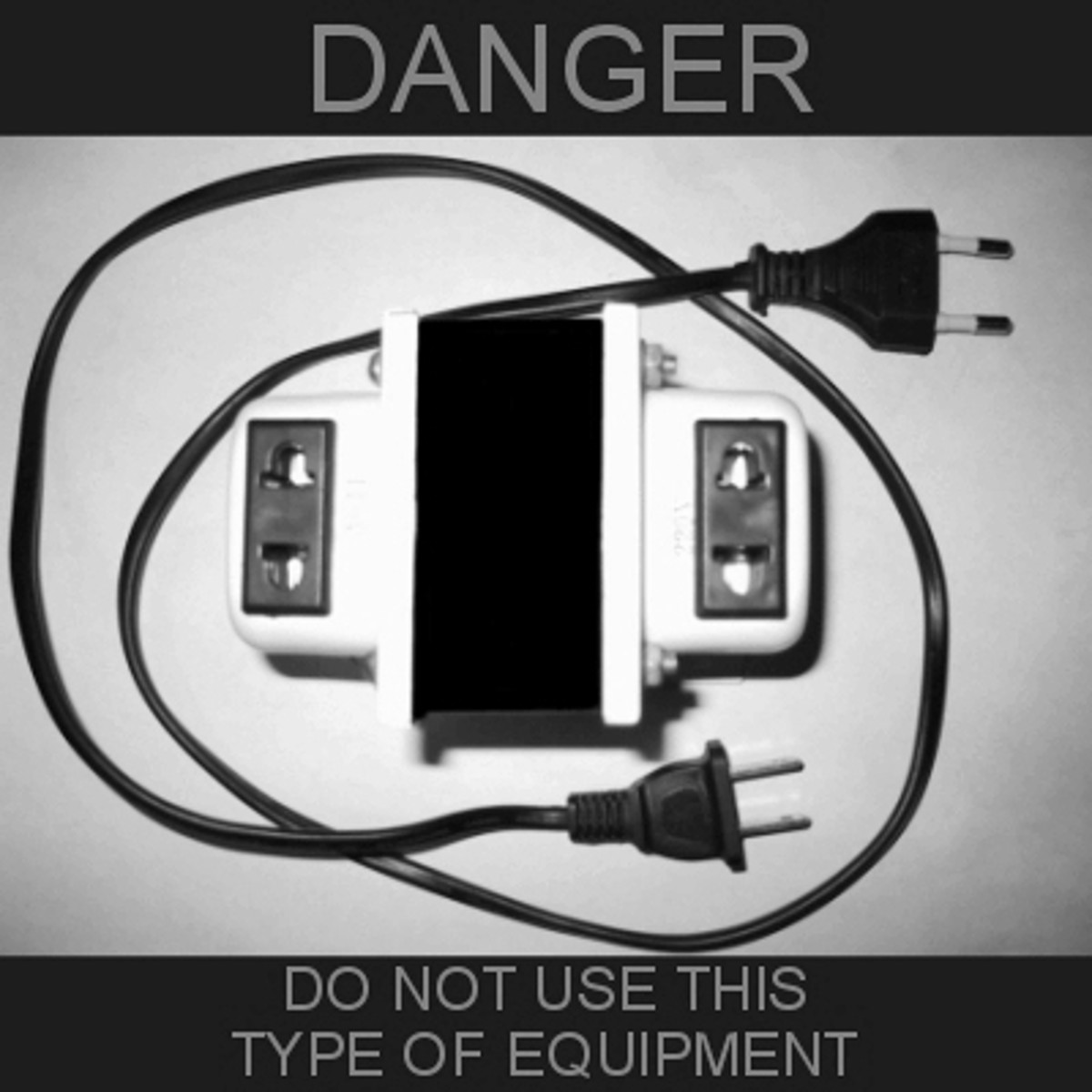Dangerous transformers
- Safety Flash
- Published on 2 December 2000
- Generated on 6 March 2026
- IMCA SF 08/00
- 1 minute read
One of our Members has informed us that one of their vessels, operating in the Gulf of Mexico, has reported that a number of ‘dangerous transformers’ have appeared onboard from an unknown source.
Below is a picture of one of the transformers.

- The transformers have no earth and thus do not comply with relevant class (class I equipment – earthed) for appliances of this kind.
- The transformers are not double insulated and in fact have a metal casing. This does not comply with the relevant class (class II equipment – double insulated) for appliances of this kind.
- The lead has two plugs and the transformer two sockets. It is possible to plug a 220v supply into the 110v socket and produce 440v.
- If power is fed to the transformer then both sockets become live and there is a high risk of somebody being electrocuted.
IMCA Safety Flashes summarise key safety matters and incidents, allowing lessons to be more easily learnt for the benefit of the entire offshore industry.
The effectiveness of the IMCA Safety Flash system depends on the industry sharing information and so avoiding repeat incidents. Incidents are classified according to IOGP's Life Saving Rules.
All information is anonymised or sanitised, as appropriate, and warnings for graphic content included where possible.
IMCA makes every effort to ensure both the accuracy and reliability of the information shared, but is not be liable for any guidance and/or recommendation and/or statement herein contained.
The information contained in this document does not fulfil or replace any individual's or Member's legal, regulatory or other duties or obligations in respect of their operations. Individuals and Members remain solely responsible for the safe, lawful and proper conduct of their operations.
Share your safety incidents with IMCA online. Sign-up to receive Safety Flashes straight to your email.